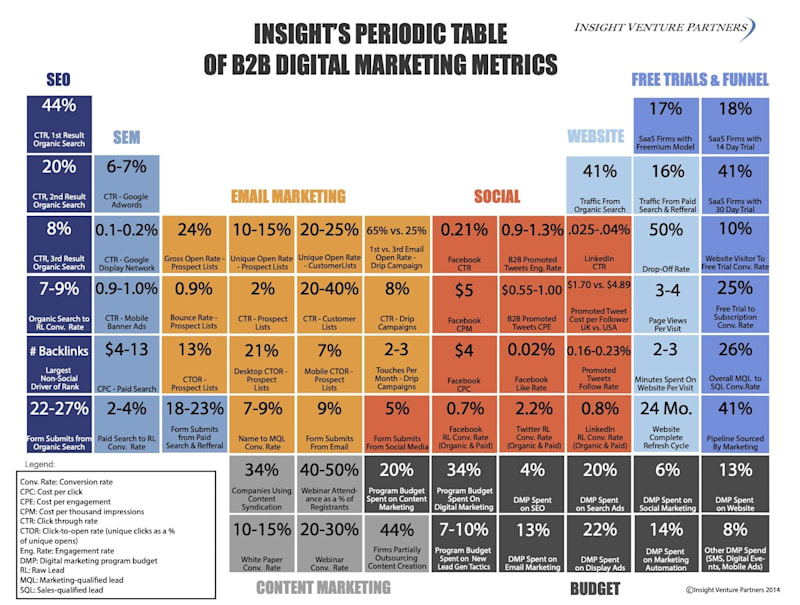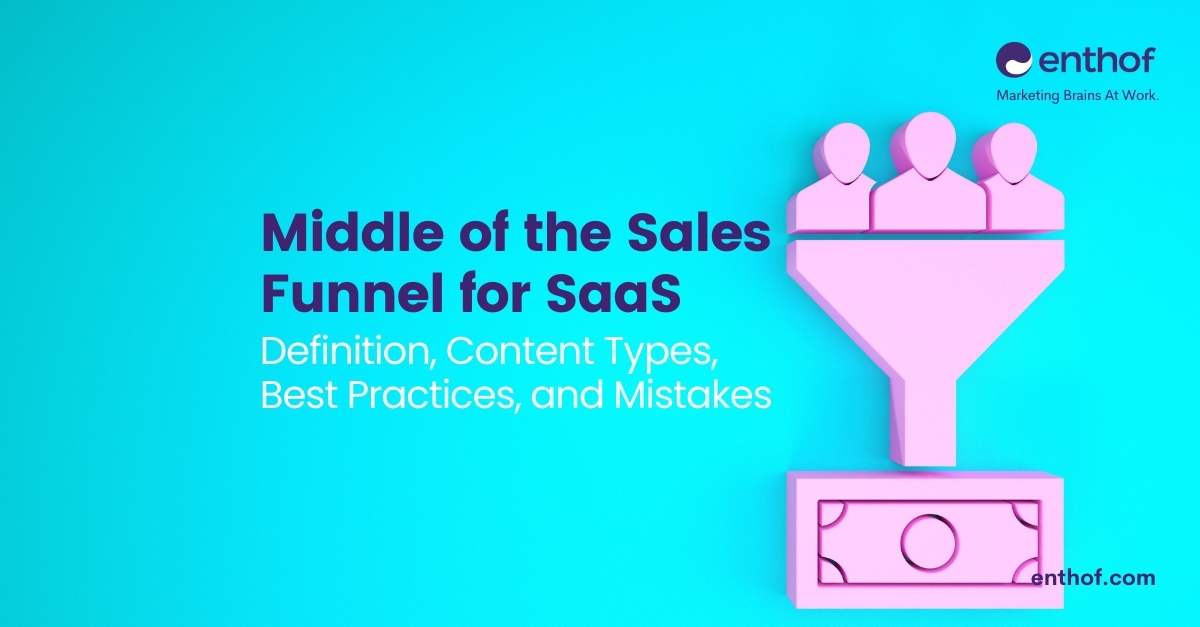No matter how large the rivals are, digital marketing allows you to level the playing field. You can create a huge social media following, rank at the top of Google, and sell a lot of products and services via email with the right digital strategies.
How to do Digital Marketing
How digital marketing work for any business?
Here are a few more benefits that digital marketing provides to all types of companies with an online presence, not just small businesses.
1. It aids in the identification and engagement of your ideal audience.
Traditional marketing, such as magazine articles or television commercials, allows you to reach your audience to some degree. After all, you’re the one who normally reads the magazine or watches the show on TV.
But what if you just want to focus on your target market and save money?
It makes no difference if the target market consists of stay-at-home parents or high-powered CEOs. Even if your audience is small or has niche interests, you can use digital marketing to define and engage your ideal customer personas using different online marketing strategies.
2. It enables you to reach out to your customers in the the right place
People are reading less magazines and newspapers and listening to the radio than ever before. Newspaper circulation in the India fell to its lowest point since 1940 in 2018. For more than a decade, local news ratings have been declining.
Your customers are instead investing more time online. In reality:
- 90% of adults in the Indian suburbs use the internet on a daily basis.
- Almost 70% of people use Facebook daily.
- Nearly 75% of people use YouTube on a frequent basis.
So, what does this imply for your company? You can reach and engage with your audience wherever they are with the right digital marketing strategies.
3. It facilitates tracking and monitoring.
It’s difficult to monitor the outcomes of conventional advertising campaigns. You may be aware of the number of occasions your advertisement was shown. However, it’s hard to know how many people saw your newspaper or television commercial.
You can monitor virtually every detail when you start a digital marketing campaign.
You will find out how many people clicked on your ad and if they purchased stuff with just a few clicks. You can also use another ad to reach the same group of people.
4. It gives you the flexibility to scale and adjust your efforts.
You can easily scale your digital strategy once you’ve found one that works for your business. After all, you aren’t obligated to a television commercial or a direct mail campaign months in advance. That means you can invest a little more on digital and get exponential results while still adjusting to your changing needs.
However, how can you figure out what works?
You can use analytics software to monitor your progress. You can try out new ideas at any time and you have full control of your digital efforts. You can scale up your findings if you like them. You can stop them before wasting too much money if they don’t turn out as well as you had hoped.
How to do Digital Marketing
1. Establish a budget.
Very important! You must first decide the budget for your overall digital marketing campaign by determining how much resources you will devote to each online platform, as this will have a direct impact on your marketing campaign objectives and strategy. Ask your pocket first.
2. Define your objectives
SEO, sponsored ads, social media marketing, and email marketing are only a few of the marketing platforms that are typically excluded from digital marketing campaigns.
Whatever you do, you must set clear marketing targets and monitor the right metrics for every digital marketing platform you use as part of your plan, such as:
- To increase the organic traffic to your website with SEO
- Boost your social media following
- Increase the open rate of your email campaigns.
- Increase paying ad click-throughs and more…
3. Identify your target market niche.
To set yourself apart from the competition, you must first identify your niche market specifically, which necessitates conducting extensive market research. If you want to reach out to companies (B2B) or customers (B2C)? The more detailed and granular your analysis, the better your chances of converting leads into customers would be.
4. Create user personas for your customers.
A user persona is a fictional character that portrays your ideal customer and helps you understand their desires and motives. Buyer personas are created using market analysis and data, and they can include everything from age and gender to interests and problems.
5. Conduct a competitive analysis
The strategic analysis clarifies your specific value proposition by identifying your strengths, limitations, opportunities, and risks.
6. Choose the appropriate marketing channels
Which marketing channels do you employ to generate leads and close sales? Should you use search ads or social media to promote your business? What channel would you use if you were to use social media? This is a preview of the questions you’ll need to answer in order to figure out which marketing platforms can better help you implement your plan.
Digital marketing is a complicated and ever-changing environment, and as a business owner, you’re probably too busy negotiating supplier deals, designing goods, and other important tasks. If you don’t have the time or experience, or if you don’t have an in-house marketing team to develop and manage your marketing strategies, hiring a freelance marketing consultant is your best choice.
7. KPIs and metrics for digital marketing
The benchmarks or targets for your digital marketing strategies are known as KPIs, or primary performance indicators. Your KPIs should be met or exceeded in a successful campaign. You may use the SMART target approach to create successful KPIs:
Specific: Be as specific as possible when describing each KPI.
Measurable: Make sure your KPIs are measurable, such as sales figures or new customer signups.
Achievable: KPIs should be practical, not difficult to achieve.
Relevant: Your KPIs should be in line with your company’s overall objectives.
Time-based: Per KPI should have a timeline so you know when to start and stop measuring it.

Conclusion
Digital marketing is essential regardless of how large or how quickly you want to grow your business. Digital marketing techniques, which range from PPC to social media, enable you to engage with consumers online and remain competitive in an increasingly digital economy. Digital marketing’s adaptability and scalability enable it to drive traffic and target conversions, enabling you to achieve your business objectives.
If you’re convinced that digital marketing will benefit your company, choose the channel(s) that you believe will be most helpful to your company and begin looking for a marketing specialist to assist you in developing, launching, and testing your campaign. You can reach out to us, and it’s fine to start small—choose one platform and begin one campaign to see how digital marketing works and watch your company expand.



